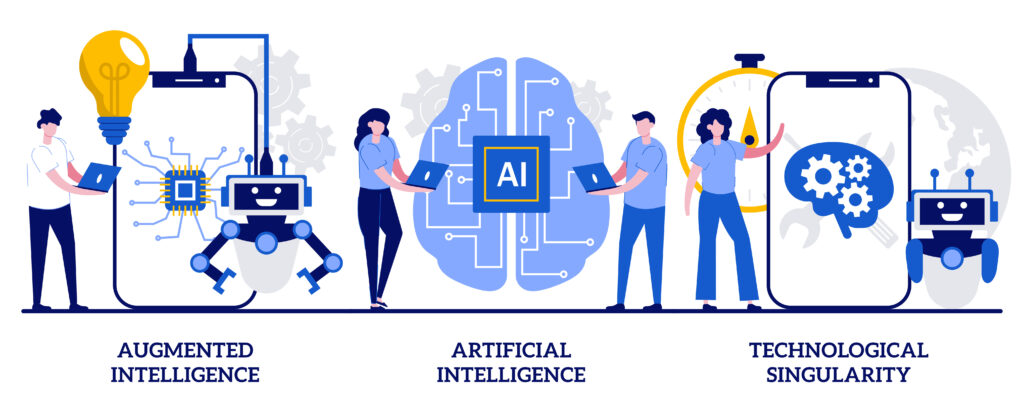This is part 3 of our AI/ML series. In part 1, we explored the basics – the definitions, how machine learning is a subset of artificial intelligence, and the major paradigms of machine learning. Next, in part 2, we looked into the importance of Artificial Intelligence in Manufacturing & Supply Chain. In part 3 of this series, we explore how DELMIA provides distinctive impact with AI/ML.
Organizations Realize the Promise of Machine Learning
In our previous posts, we explored how companies are under pressure to optimize operations for the next normal. As uncertainty and volatility persists across the value chain, and global ‘shocks’ (e.g. trade disputes, natural disasters, cyber-attacks, etc.) expected to increase in frequency, machine learning has become a top priority across industries. Leading manufacturers are now realizing significant value from data and analytics, AI, and machine learning (ML).
Industry Status Quo
Recent survey1 indicates that the adoption of AI/ML continues to grow. Functions like product and service development, manufacturing and supply chain management continue to see steady increase in artificial intelligence adoption.
Many organizations have launched to AI initiatives for use cases like AI-based enhancements of product development, operating efficiency optimization, predictive maintenance, enhanced labor productivity & safety, logistics optimization, sales & operations planning software, factory scheduling, etc. With time and experience, organizations have matured with the use of these ‘point’ machine learning solutions (i.e. solutions typically developed for a very specific business problem, that works in a standalone manner, with limited interface with other IT/OT systems), to the point that further improvement is expected to yield diminishing returns.
With these point solutions becoming almost the industry status quo, majority of companies have not been able to unlock the full potential of AI/ML.

Barriers to Scaling Impact With Machine Learning
Many companies have found the impact of their artificial intelligence investments to be quite limited, largely due to the challenges of scaling the ‘point’ or isolated solutions to realizable impact. With an example, let’s understand the inherent drawback of the point solution, and how it fails to deliver impact scale.
Consider a manufacturing plant with a point ML solution for the yield+ of a machine. Let’s assume that this point machine learning solution uses IIoT, MES software, ES, CRM among other data, and provides a 3% improvement in yield. This means the ML model has determined a ‘smarter’ way to operate the machine, and produce 3% additional output for the same input. This 3% improvement can be considered as the impact potential of AI for this use case, yet there is no guarantee that this potential could be translated into real impact. This is because the rest of the supply chain is not calibrated to handle this additional output of 3% from this machine. Without the rest of the downstream supply chain calibrated to handle this additional 3%, the improved yield results in WIP- with no clear path (plant capacity & schedule, workforce requirement, logistics, etc.) to realizable impact.
The DELMIA Distinction: Artificial Intelligence Integrated Planning
DELMIA offers AI/ML integrated planning, that helps overcome such barriers to achieving machine learning impact at scale. Let’s revisit the above example with DELMIA’s AI integrated planning. Once the ML model determines the smart way to operate and provides a 3% yield improvement, a planning cycle is triggered, which helps recalibrate the supply chain (plant capacity & schedule, workforce requirement, logistics, etc. to handle the additional 3% yield), thus translating the artificial intelligence improvement potential into realizable impact.
This DELMIA distinction of AI/ML integrated planning can help unlock the true potential of machine learning across the entire supply chain.
In part 4 of this series, we will explore the DELMIA AI/ML solution portfolio that helps unleash the next wave of productivity increase across the supply chain.
Footnote:
+ Yield is defined as the ratio of output of the machine to its input, and is a measure of the machine’s operating efficiency.
References:
- McKinsey & Company. “The state of AI in 2021”
